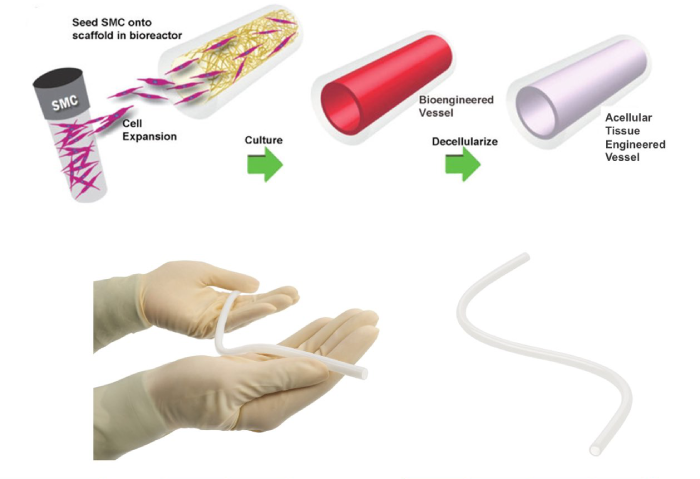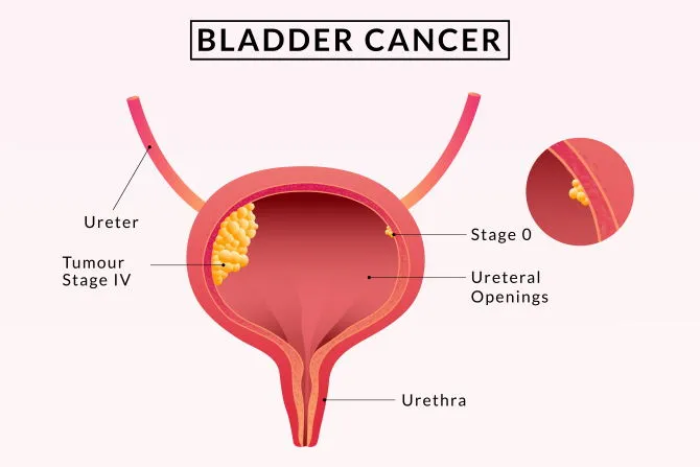Understanding Linkage Between Gut Bacteria and Disease with Machine Learning
A new study published in ‘Cell‘ on November 13, 2024, reveals that many of the previously established links between specific gut bacteria and disease may be overstated. The research, led by Peer Bork from the European Molecular Biology Laboratory (EMBL) in Heidelberg, suggests that differences in a patient’s microbial load, rather than the specific presence of certain bacterial species, could be a key driver of microbial signatures in fecal samples, even in individuals suffering from disease.
For years, researchers have hypothesized that certain microbial species in the gut could serve as markers for diseases such as irritable bowel syndrome (IBS), inflammatory bowel disease (IBD), and even conditions like diabetes or cardiovascular disease. However, this study challenges that assumption by showing that variations in microbial load—such as the total amount of bacteria present—are more strongly linked to gastrointestinal symptoms like diarrhea and constipation than to the diseases themselves.
According to Bork, “We were surprised to find that many microbial species, previously believed to be associated with disease, were more strongly explained by changes in microbial load.†This finding suggests that microbial load, influenced by factors like age, sex, diet, antibiotic use, and country of origin, might play a more significant role than previously thought in the manifestation of gut-related symptoms.

The research also introduces an innovative machine-learning approach to studying the microbiome. While large-scale microbiome analysis has traditionally been hindered by high costs and labor-intensive methods, this new technique allows for the prediction of microbial load in fecal samples based on microbiome composition. The model, which was trained on data from multiple large-scale studies, could significantly streamline microbiome research and improve our understanding of gut health.
Michael Kuhn, another senior author on the study, explains that with the new model, “microbial load can be predicted for all adult human gut microbiome studies.” This could make microbial load a more accessible and reliable marker for researchers investigating the role of gut bacteria in health and disease. The datasets used for the study came from several large research initiatives, including the EU-funded GALAXY project, the Novo Nordisk Foundation’s MicrobLiver project, and the MetaCardis study.
However, while the study offers promising insights, the researchers caution that the analysis was based only on correlations and not on causal relationships. In other words, they were unable to definitively establish whether changes in microbial load directly cause gastrointestinal symptoms or whether they are merely a consequence of other factors. Additionally, the model developed in this study is specific to the human gut microbiome, meaning different models would be needed to predict microbial load in other environments, such as the soil or oceans.
Future research will aim to refine these findings by identifying microbial species more directly associated with diseases, independent of microbial load, and investigating their potential use as biomarkers. There is also a hope that the machine-learning approach could be adapted for use in broader environmental microbiome studies, providing valuable insights into microbial ecosystems globally.
Commentary by YourDailyFit columnist Alice Winters

This study presents a compelling shift in how we understand the relationship between the gut microbiome and disease. For years, the narrative surrounding gut bacteria and health has been largely focused on identifying “bad†or “good†bacteria, with the assumption that a specific microbial composition directly correlates to disease states. However, this research invites us to reconsider that relationship. The concept of ‘microbial load’—the sheer volume of bacteria in the gut—could be a more significant determinant of health outcomes than the specific bacterial species present.
There are two major implications here. First, this study underscores the complexity of the microbiome. Gut health is clearly influenced by a vast array of factors such as diet, genetics, environment, and lifestyle. The notion that simply modulating the presence of certain microbes could lead to therapeutic outcomes appears oversimplified in light of these findings. The emphasis on microbial load instead suggests that perhaps interventions aimed at optimizing the overall balance and diversity of gut bacteria—rather than targeting specific species—could offer more promising results.
Second, the use of machine learning in microbiome research is a major breakthrough. Historically, microbiome studies have been notoriously difficult to scale, and the high costs associated with experimental microbial load measurements have limited the ability to conduct large-scale, population-based studies. This new predictive model could revolutionize the field by making microbial load measurement more feasible, thus enabling researchers to gather more data from larger and more diverse cohorts. This could, in turn, lead to more accurate and generalized findings that could benefit not just health research but also clinical practices.
That said, the study also highlights some limitations. As the authors point out, they have not yet established causality. We still do not know whether an increased microbial load directly contributes to gastrointestinal diseases, or whether it’s a reflection of other underlying factors such as inflammation or infection. Until these relationships are better understood, the model should be viewed as a tool for hypothesis generation rather than a definitive explanation of microbiome-disease interactions.
This raises an important issue for the supplement and health product industry: the ongoing use of gut bacteria-targeted products, from probiotics to prebiotics and postbiotics, may need to be reevaluated in light of these findings. While these products are marketed as ways to directly influence the gut microbiome to improve health outcomes, the actual role of specific microbial species in disease might be less direct than previously assumed. Consumers may need to adjust their expectations of these products and focus more on holistic approaches to gut health, such as diet, lifestyle changes, and balanced supplementation, rather than relying solely on bacteria-targeted treatments.
As the science continues to evolve, companies will need to stay on top of the latest research and adjust their formulations and marketing strategies accordingly.



